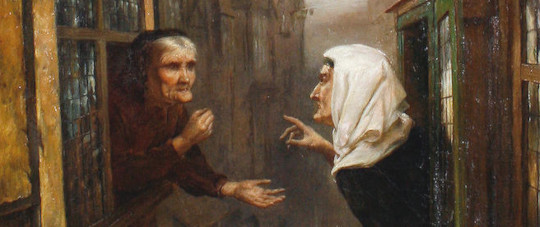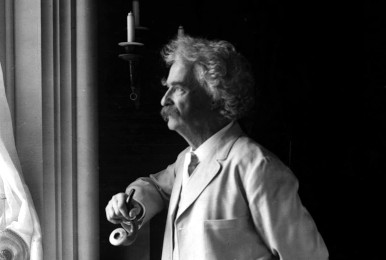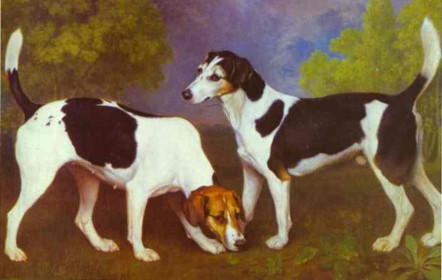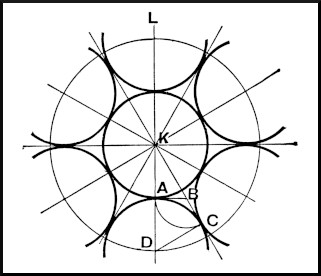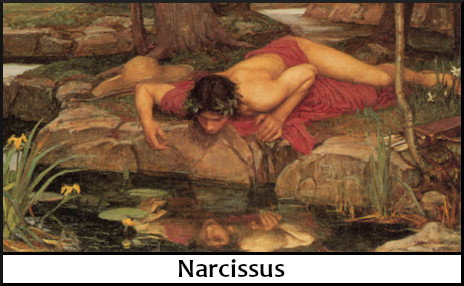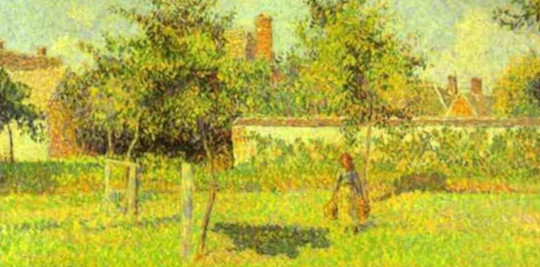Arthur C. Clarke? Apocryphal?

Question for Quote Investigator: A famous science fiction (SF) author was fearful that nationalistic and jingoistic impulses were driving conflict on Earth and endangering the future of humankind. The author hoped that space exploration would redirect and lessen those passions.
A flag flapping in the breeze is a traditional signifier of allegiance, but there are no gusts of wind in outer space. Also, there is no atmosphere on the moon. The SF author said something like:
There is hopeful symbolism in the fact that flags do not wave in a vacuum.
Would you please help me to find a citation?
Reply from Quote Investigator: In July 1969 emissaries from Earth were poised to land on the moon for the first time. To mark the occasion the editors of “Time” magazine requested an essay from SF author Arthur C. Clarke who described his dreams and predictions. Boldface added to excerpts by QI:1
There is always the fear, of course, that men will carry the curse of their animosities into space. But it is more likely that in the long run, those who go out to the stars will leave behind the barriers of nation and race that divide them now. There is a hopeful symbolism in the fact that flags will not wave in a vacuum; our present tribal conflicts cannot be sustained in the hostile environment of space.
The NASA picture above shows Apollo 11 astronaut Buzz Aldrin together with the U.S. flag at Tranquility Base. A metal rod sewn inside the top edge of the flag prevented it from drooping. Perhaps Clarke underestimated the desire to retain symbols.
Here are additional selected citations in chronological order.
Continue reading “Quote Origin: There Is a Hopeful Symbolism in the Fact That Flags Will Not Wave in a Vacuum”
